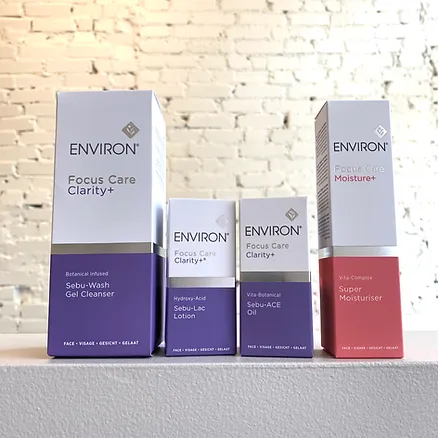Acne Getting You Down?
Is your COVID mask and stress increasing your acne breakouts? Sue Busch and Stephanie Ford at Medical Aesthetics on Tremont are here to help.
What causes acne?
Causes of acne include but are not limited to stress, diet, exercise and exercise equipment and hormones.
How does acne occur?
Acne is caused when the pores in our skin gets clogged from dead skin cells, sebum (oil) and a bacterium called P-acnes. All these create the perfect environment for the pores to become red and swollen (inflamed) which ultimately causes a cyst or nodule to appear.
Acne treatment starts with proper face washing.
Wash your face. Proper face-washing techniques include using a mild non-abrasive cleanser that is alcohol free. Use a washcloth with warm water and do not scrub your skin. Pat gently with a clean soft towel.
Acne washes with salicylic acid, tea tree oil, and benzoyl peroxide are often effective for mild acne. Although, no treatment works overnight and you should give yourself 4-8 weeks to see improvement and once the acne clears, you need to continue the regimen to prevent further breakouts.
Common acne treatments:
For mild acne, I recommend over-the-counter treatments that have one or more of the following ingredients
- Retinol-vitamin A
- Benzoyl peroxide
- Salicylic acid
- Tea tree oil which has antibacterial properties
Four brands I recommend:
- Environ
- Differin gel which has adapalene (a form of retinol/vitamin A)
- Epi-duo which has both adapalene and benzoyl peroxide
- La Roche Posay- Effaclar Duo Acne Treatment with Benzoyl Peroxide, Adapalene and Beta-lipohydroxy acid (LHA )

Topical agents can be very drying so be sure to add your moisturizer!
Top 3 moisturizers:
- Environ Vita-Complex Super moisturizer *Bestseller
- La Roche Posay Effaclar MAT moisturizer
Most moisturizers that contain sunscreen have a low SPF. Remember the American Academy of Dermatology recommends SPF of 30 or greater and you need to apply every 2 hours.
Clients often ask, “How do I apply my products, and in what order?” The simplest answer is to apply a pea size evenly over your face. It’s best to apply the thinnest first and then add the thicker products to seal it all in.
When to see a dermatologist:
If you have stubborn or cyst acne and haven’t seen an improvement with over-the-counter products in 3 months you should see a dermatologist who may recommend prescription topical, antibiotics, or isotretinoin (Accutane).
When severe acne clears up, it can tend to leave behind scars and discoloration. Once acne is under control, we recommend laser treatments to get you to smooth, even skin.
If you are on birth control pills and have acne be sure to discuss this with your gynecologist and dermatologist who may recommend one of the FDA-approved oral contraceptives.
Lastly, be patient ..it takes a minimum of 28 days for your skin cells to turnover.
